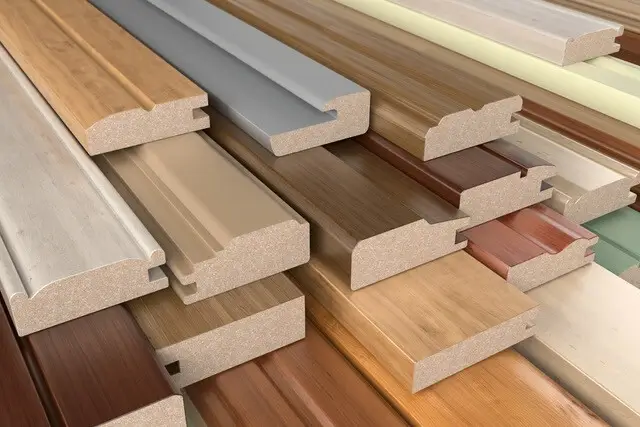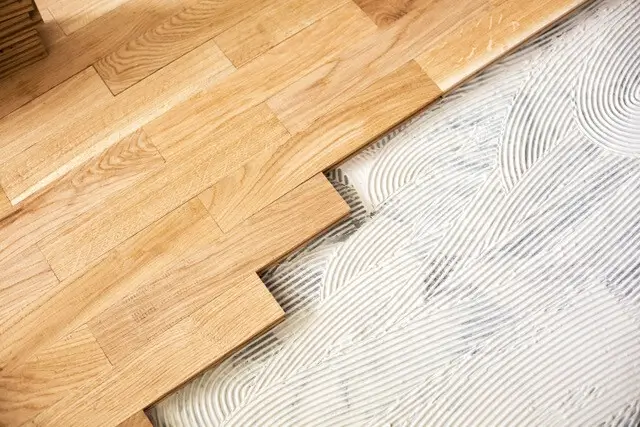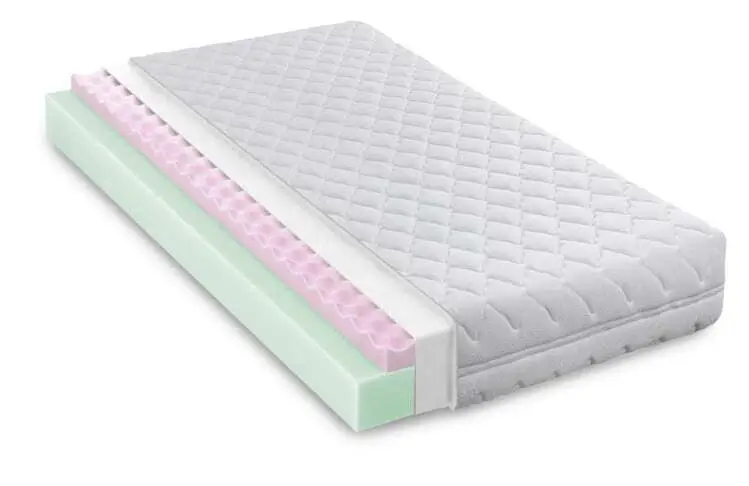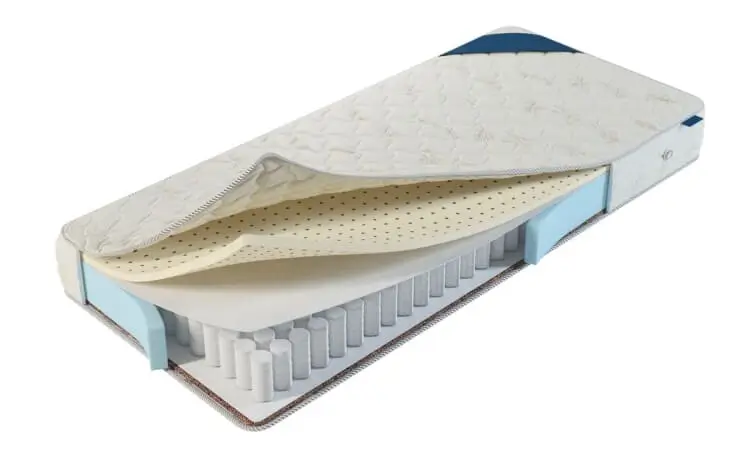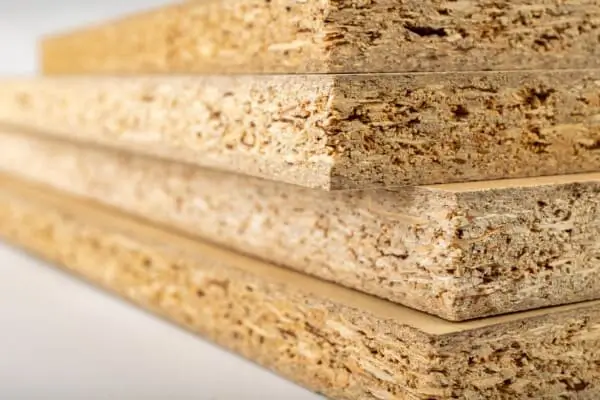EPI glue for wood
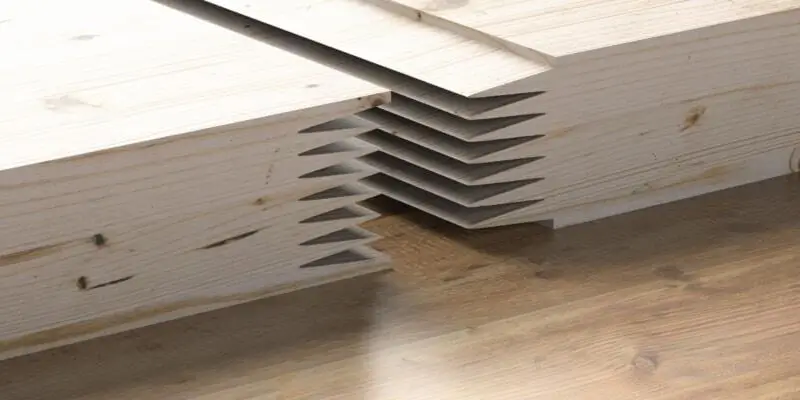
Emulsion polymer isocyanate, EPI glue for wood
Emulsion polymer isocyanate, EPI glue is an efficient wood to wood adhesive which consists of two components. The first one is a water based emulsion, and the second one a hardener. The EPI glue formulations can vary as different emulsion and hardener combinations exist. In this article we will focus on a specific emulsion polymer isocyanate which has the benefit of being suitable for all types of wood, hard and soft. It is also suitable for wood with a high moisture content.
This specific EPI glue is suitable for example as a parquet adhesive, adhesive for finger joints and wood panels. The adhesive is also suitable for doors, windows, wood veneer and edge glued panels.
Benefits of EPI glue for wood
This EPI glue combines a water based emulsion adhesive with an isocyanate hardener. The combination comes with several benefits that make this specific glue a considerable choice for several wood to wood bonding applications.
- Suitable for all kinds of wood: this adhesive bonds all types of wood including hard and soft woods. Even bonding wood with higher moisture content is no problem. This allows for efficiency as one adhesive is suitable for numerous applications.
- Resistance: this EPI glue is resistant to heat, solvents and moisture, which broadens the range of possible applications and end uses.
- Energy saving: compared to similar adhesive systems, using this glue may result in energy saving as it is suitable for low to mid temperature press applications.
- Sustainable: this specific emulsion polymer isocyanate system is water based and does not contain formaldehyde which is classified as hazardous. The glue system has very low VOC content.
- Easy to export: as no hazardous chemicals are involved in this emulsion polymer isocyanate system, the adhesive and the products that use it are suitable for export without special arrangements.
- Long storage life: last but not least, the adhesive has a fairly long storage life compared to alternative systems. If properly stored, it stays good for a year, which allows for bulk purchase and possible savings in material costs.
Better than alternative wood to wood adhesives
The benefits outnumber some of the alternative wood to wood adhesive systems:
- UF - urea formaldehyde: adhesives that contain formaldehyde are very common and effective when bonding wood to wood. However, systems, such as EPI glue, that do not contain formaldehyde are much more user and environmentally friendly.
- PVA - polyvinyl acetate: PVA adhesives deliver great results in wood to wood bonding, nevertheless, emulsion polymer isocyanate adhesive helps achieve even better and stronger bonds.
Wood to wood adhesive bonding with EPI glue
Due to the numerous benefits that EPI glue brings along, the adhesive is suitable for multiple applications that involve different types of wood. The examples of possible uses include the following.
- Parquet: as a parquet adhesive, this glue bonds together the different layers during the manufacturing process of parquet.
- Wood panels: in wood panel bonding, emulsion polymer isocyanate technology can be used to bond different surface materials.
- Edge glued panels: as the name implies the edges of the panels are glued; EPI glue can be used for this application.
Note that the applications are not limited to the given examples. In case you are considering using EPI glue, contact us and get more information on the possibilities.
Standards to look at when opting for emulsion polymer isocyanate
When opting for an adhesive that uses emulsion polymer isocyanate technology, it is good to look at several standards. These include:
- CSN EN 14257: Adhesives - Wood adhesives - Determination of tensile strength of lap joints at elevated temperature (WATT '91)
- EN-204: Classification of thermoplastic wood adhesives for non- structural applications
- ASTM D-5751-99: Wet use for laminate joints in non-structural lumber products
This specific system is certified according to EN 14257 and it meets the requirements of EN-204 class d4 which is the highest possible moisture resistance class. The adhesive is also suitable for lamination processes according to ASTM D-5751-99. Note that glulam and cross laminated timber that use this adhesive, can be approved only for non-structural use. In case you are looking for a laminating adhesive for structural timber, check out our article on the topic.
In need of a wood to wood adhesive?
In case you are looking for a wood to wood adhesive and considering using an EPI glue, do not hesitate to contact us. Our adhesive experts will extend your enquiry to a manufacturer with a proven track record in wood bonding. Not only do they provide the product, but you can also count on adhesives samples, material testing and technical support that guarantee the suitability of the adhesive for the specific needs of your project, product and process.
Discover more solutions for furniture and home
What solution are you looking for?
We are specialized in the furniture and home. Need the best products or advice? Then please leave your details and we will get in touch.

